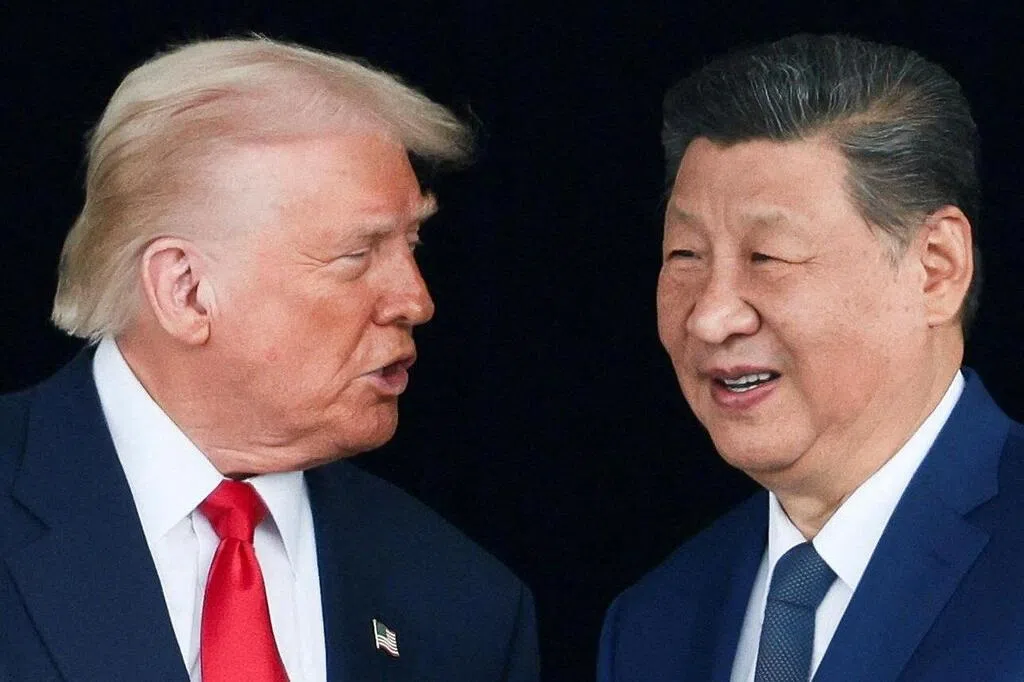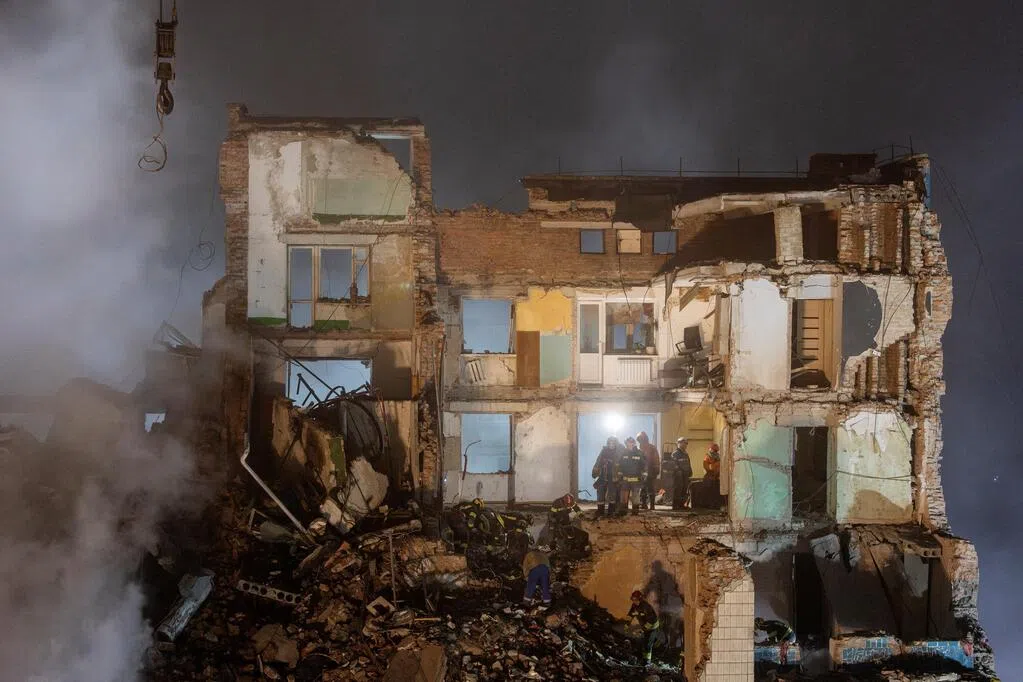US Ambassador to the UN Mike Waltz defended the Gaza resolution recently adopted by the UN Security Council, stating that while the resolution has shortcomings, "perfection should not be a stumbling block to progress," and at least it is a "real plan" that helps advance peace in Gaza.
The Security Council on Monday (November 17) adopted a US-proposed resolution to promote the implementation of US President Trump's Gaza peace plan and pave the way for post-war governance in Gaza. However, the resolution remains vague on the issue of Palestinian statehood and does not set a clear timetable for the transition of power, which may face difficulties in implementation.
On Friday (November 21), Waltz participated online in the Bloomberg New Economy Forum in Singapore, discussing a range of regional issues with Stephanie Flanders, head of economics and government at Bloomberg News.
He praised the Trump administration's intervention in the Gaza conflict and its efforts to facilitate a ceasefire between Israel and Hashim, and emphasized that the resolution has received public support from many Arab and Muslim countries and the Palestinian National Authority. "While it's not perfect, we can't let perfection become a stumbling block to progress."
Waltz stated that the Gaza ceasefire is fragile, but current progress is worth celebrating. Both China and Russia, two permanent members of the UN Security Council, abstained from voting on the resolution. China expressed concern about flaws in the resolution text, while Russia argued that the resolution undermined the framework of the two-state solution. Waltz stated that the United States has presented "a real plan" for promoting peace.
Further Reading
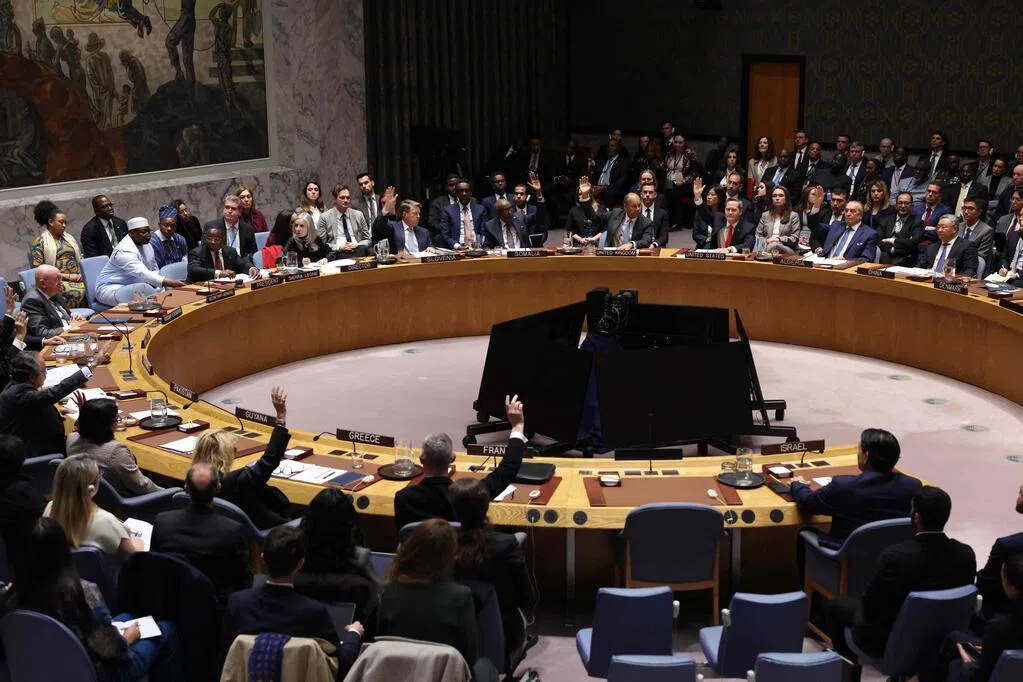
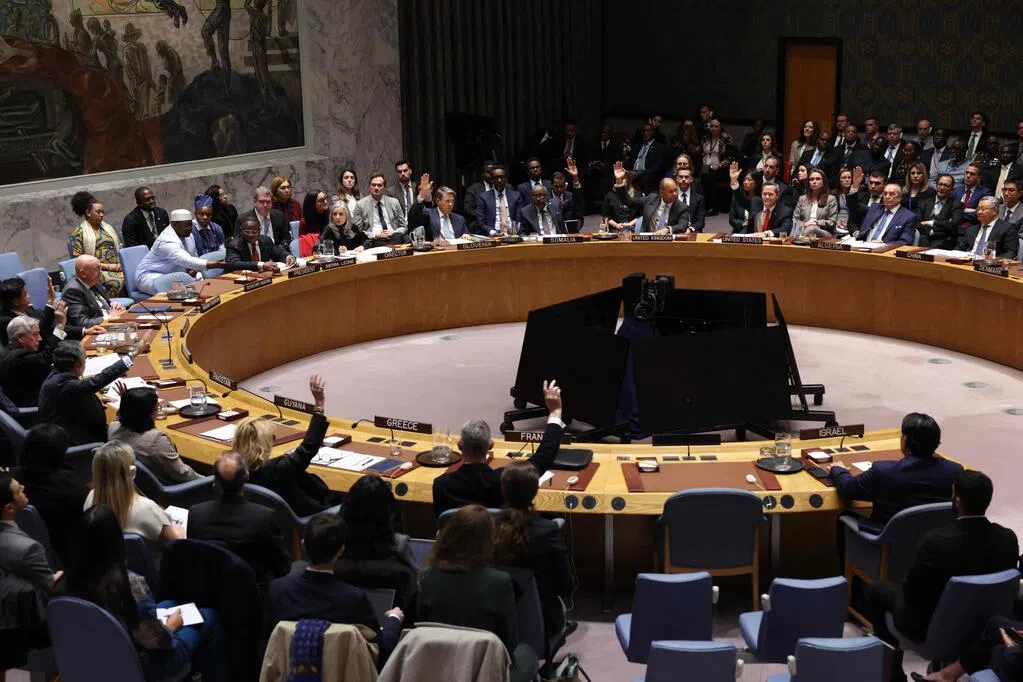
Walz said that there are currently 200 U.S. troops in Gaza assisting with humanitarian aid efforts, with over 600 aid trucks entering Gaza daily. Hostage survivors have been released, and the repatriation of the remains of deceased hostages is underway. Despite the fragile ceasefire, these developments are still worth celebrating.
“I believe everyone can find shortcomings in this plan, but either it continues, or the fighting between Israel and Hazak resumes, and nobody wants the latter.”
A UN resolution authorizes the formation of an international peacekeeping force in Gaza, a key component of the U.S. peace plan. However, no country has yet publicly announced its troop deployment. Walz stated that the resolution was only passed this week, and some countries' decisions still require domestic approval and Security Council ratification.
He went on to point out that many people believe it is nearly impossible to navigate between Arab states and Israel/Palestine while avoiding opposition from China and Russia at the Security Council, but this is not the case: "The United States was previously told that peace was impossible, but now it has facilitated a ceasefire that has lasted for several weeks."
The Gaza ceasefire agreement is facing serious challenges, with the Israeli military continuing its deadly airstrikes on Gaza recently. Thursday's (20th) bombing killed five people. Violence is also frequently occurring in the Israeli-occupied West Bank.
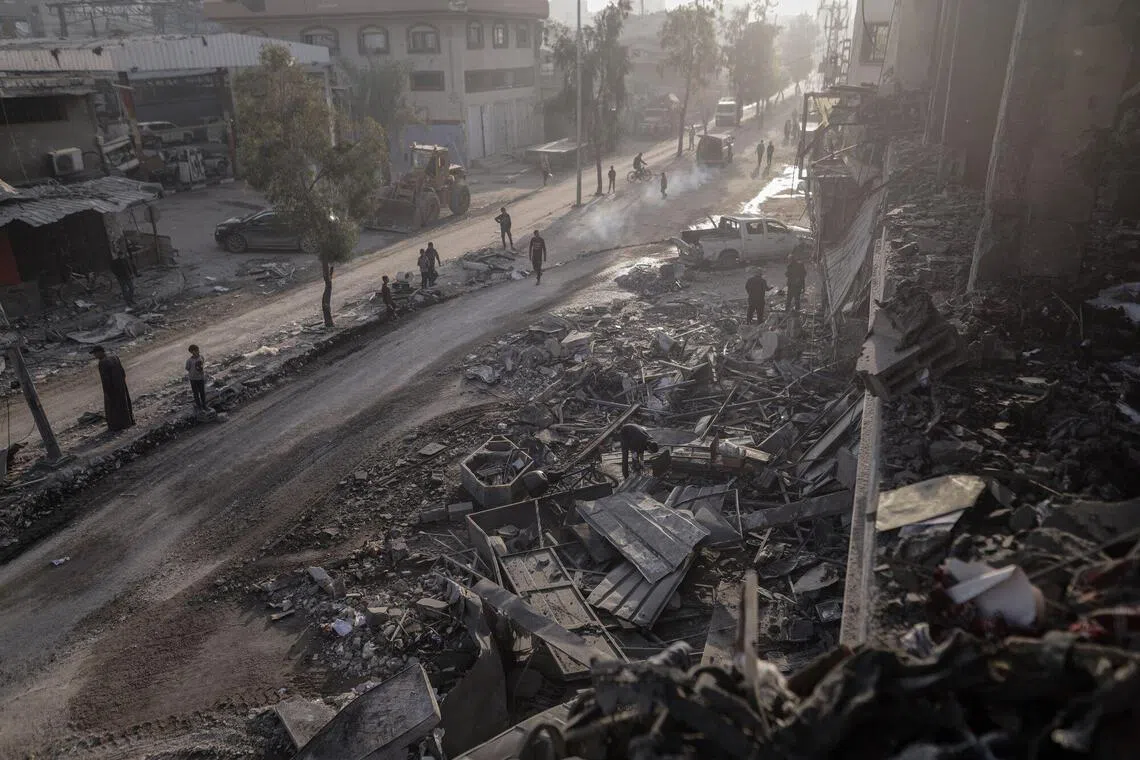
Walz said the U.S. would do its best to consult with Israel on the ongoing violence in Gaza and the region, but it was crucial to prevent Hamas from rebuilding and continuing to attack Israel.
The U.S. military's Caribbean operations have drawn criticism; Walz insists the U.S. has the right to self-defense.
While mediating the Gaza and Russia-Ukraine conflicts, the Trump administration has also conducted military operations in the Caribbean, killing several suspected drug traffickers. This has drawn legal questions and criticism, and has also exacerbated tensions between the U.S. and Venezuela, with much speculation about whether Venezuelan President Maduro will step down under U.S. pressure.
Walz did not disclose whether the U.S. planned to target Maduro, but he condemned Caribbean countries for contributing to the influx of fentanyl into the U.S., poisoning Americans. He insisted that the U.S. has the right to take decisive action for self-defense under Article 51 of the UN Charter, and called the criticisms of the U.S. by Venezuela, Iran, and other countries at the UN "nonsense."

